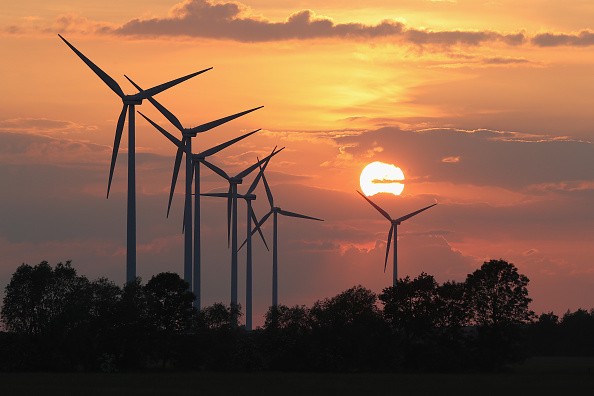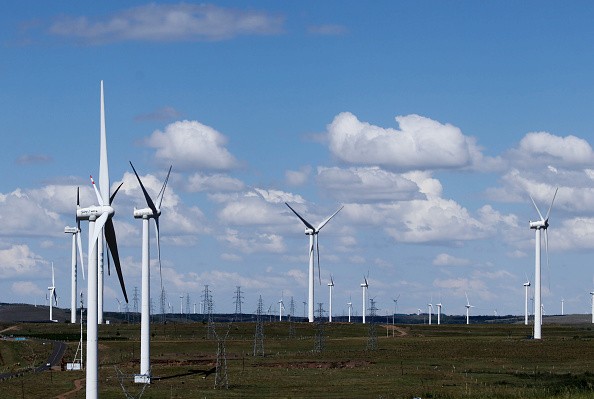The International Energy Agency summarizes the steps required to overhaul energy systems in order to reach global warming goals.

Global Temperature Rise to 1.5 Degrees Celsius
Many climate scientists and energy experts question whether it is possible to control global temperature rise to 1.5 degrees Celsius by the end of the century. Today, the preeminent energy institution in the world provides a rebuttal. The International Energy Agency said in a 227-page report that it is within reach to achieve net-zero emissions by 2050 and restrict warming to 1.5 C.
But it will need a wholesale remodeling of the world's energy system beginning today. IEA said dramatic action is needed in the next decade to have any hope of reaching a net-zero goal by 2050. Where electric vehicles is now responsible for 5% of global automobile sales, in 2030 they will require to represent 60% of new purchases of automobile.
Yearly renewable installations, which last year hit record 280 gigawatts, will require to surpass 1,000 GW. And energy efficiency advancement will need to increase by 4% yearly, approximately three times their current rate.
Also Read : Future Tech Can Achieve Net Zero Goals Without Sacrificing Quality of Life, John Kerry Says
The Greatest Challenge of Humankind
Those developments will need to be accompanied by massive investments in technologies like bioenergy, carbon capture, and hydrogen electrolyzers. The agency said these will be required to tidy up hard-to-green sectors of the economy post 2030.
IEA Executive Director Fatih Birol said in a statement: "The scale and pace of the efforts this critical and intimidating goal - our best opportunity of tackling climate change and restricting global warming to 1.5° C - make this probably the biggest challenge humankind has ever experienced."
IEA's discoveries are significant on many levels. Traditionally, net-zero road maps are the origin of academics, green-hued think tanks, and the International Panel on Climate Change modelers. The IEA, an agency established responding to the 1973 and 1974 oil crisis, has been pilloried for long by greens for failing to correctly capture the development of renewables and for an uncertain embrace of the energy transition.

Analysis of IEA
In that regard, today's report represents an endorsement from the energy institution, giving industry acceptance to the idea it is feasible to essentially get rid of emissions from the energy system of the world in the next three decades.
An energy strategist at Carbon Tracker and also a London-based think tank that studies the economic impact of climate change, Kingsmill Bond said: "The analysis of IEA has been used to stop the fossil fuel system from falling, the fact the IEA particularly has come out with this analysis proposing that change is attainable is extremely significant."
What's in the report is just as crucial. Most analysts question whether it is feasible to restrict warming to 1.5 C by 2100 (Climatewire, June 5, 2020). Part of that doubt owes to the diminishing carbon budget of the world. The world has already warmed by over 1 C compared to preindustrial levels.
Related Article : Experts Warn Australia to Reach Net Zero Emissions Faster or Face Disastrous Consequences to the Environment
For more news, updates about net-zero emission and similar topics don't forget to follow Nature World News!
© 2025 NatureWorldNews.com All rights reserved. Do not reproduce without permission.





